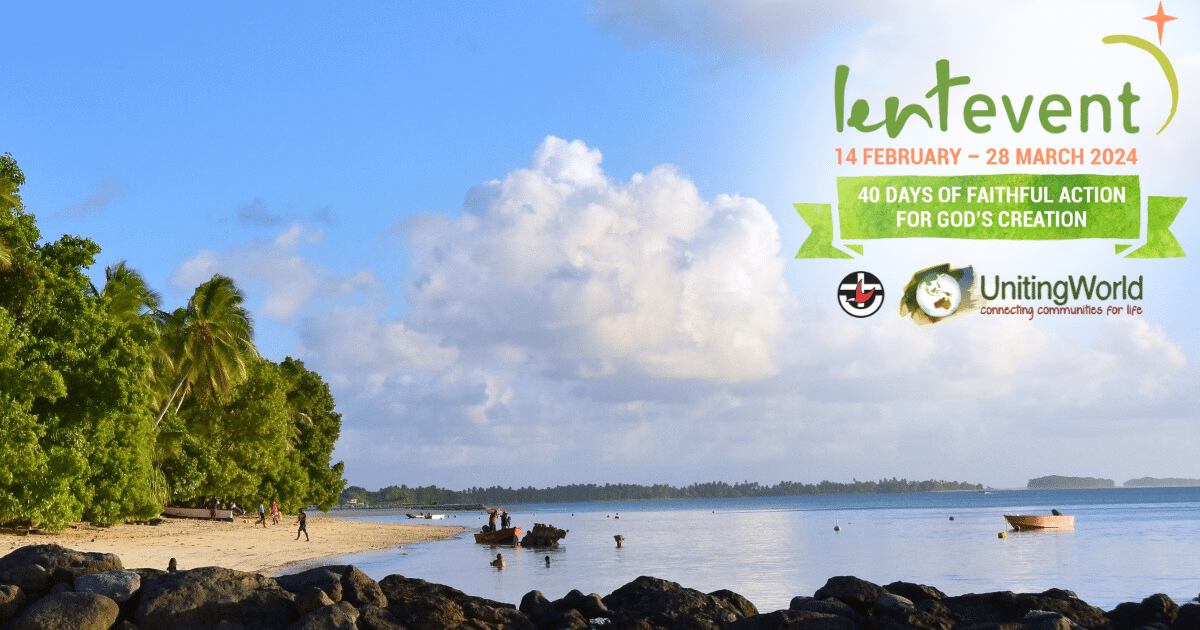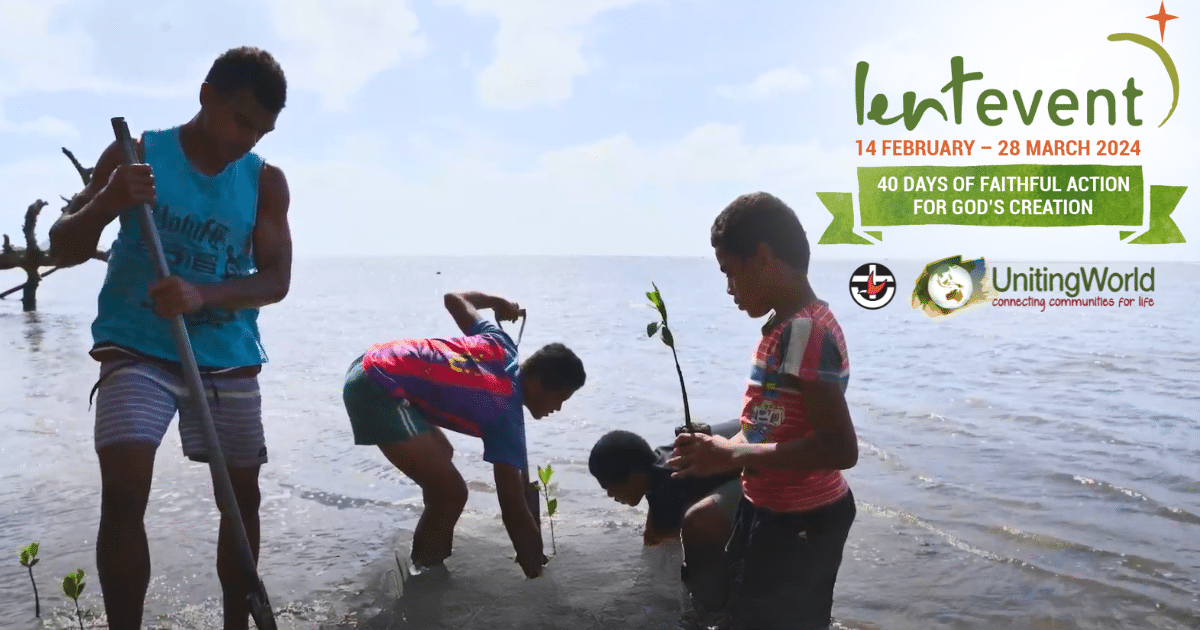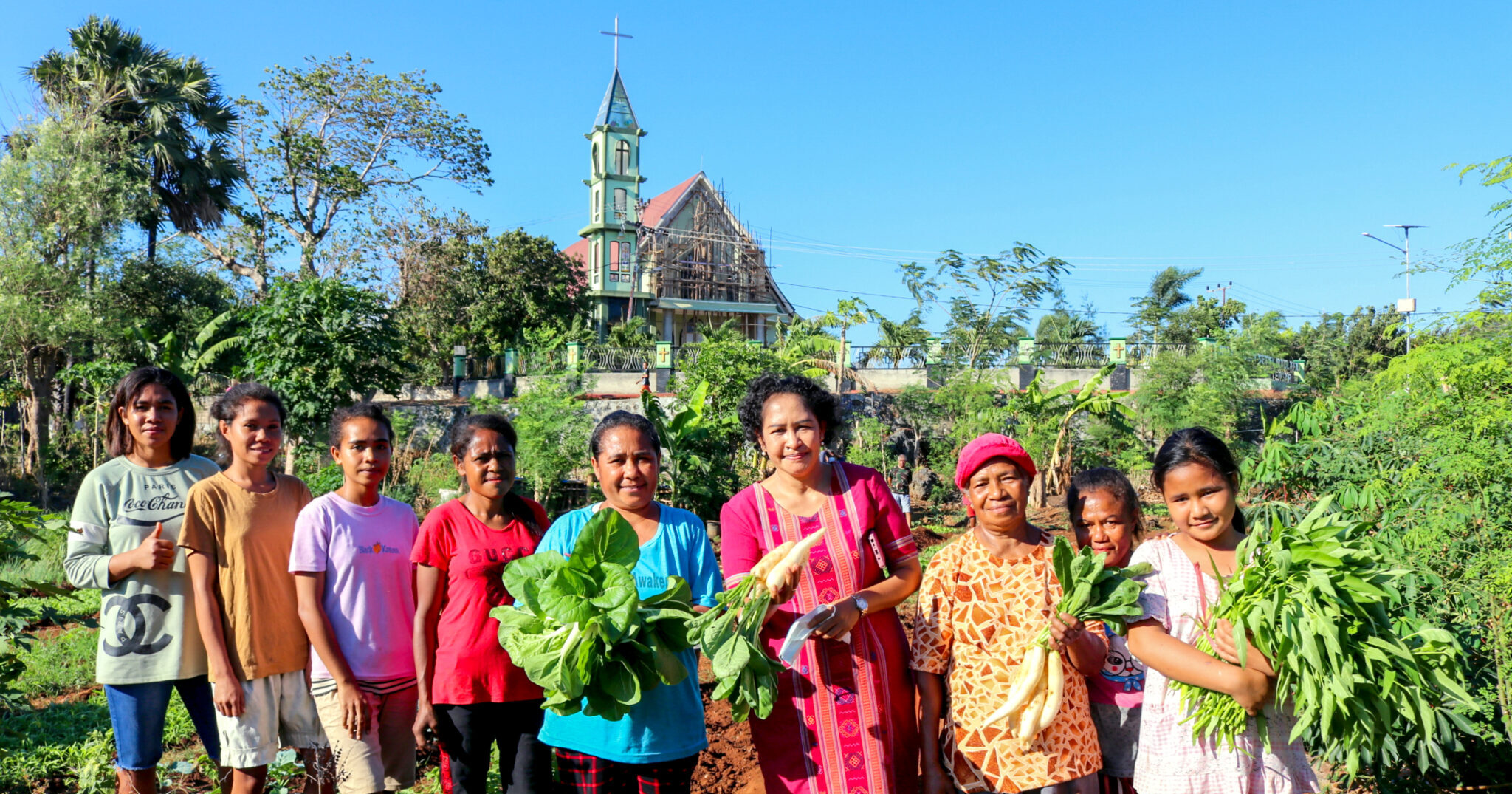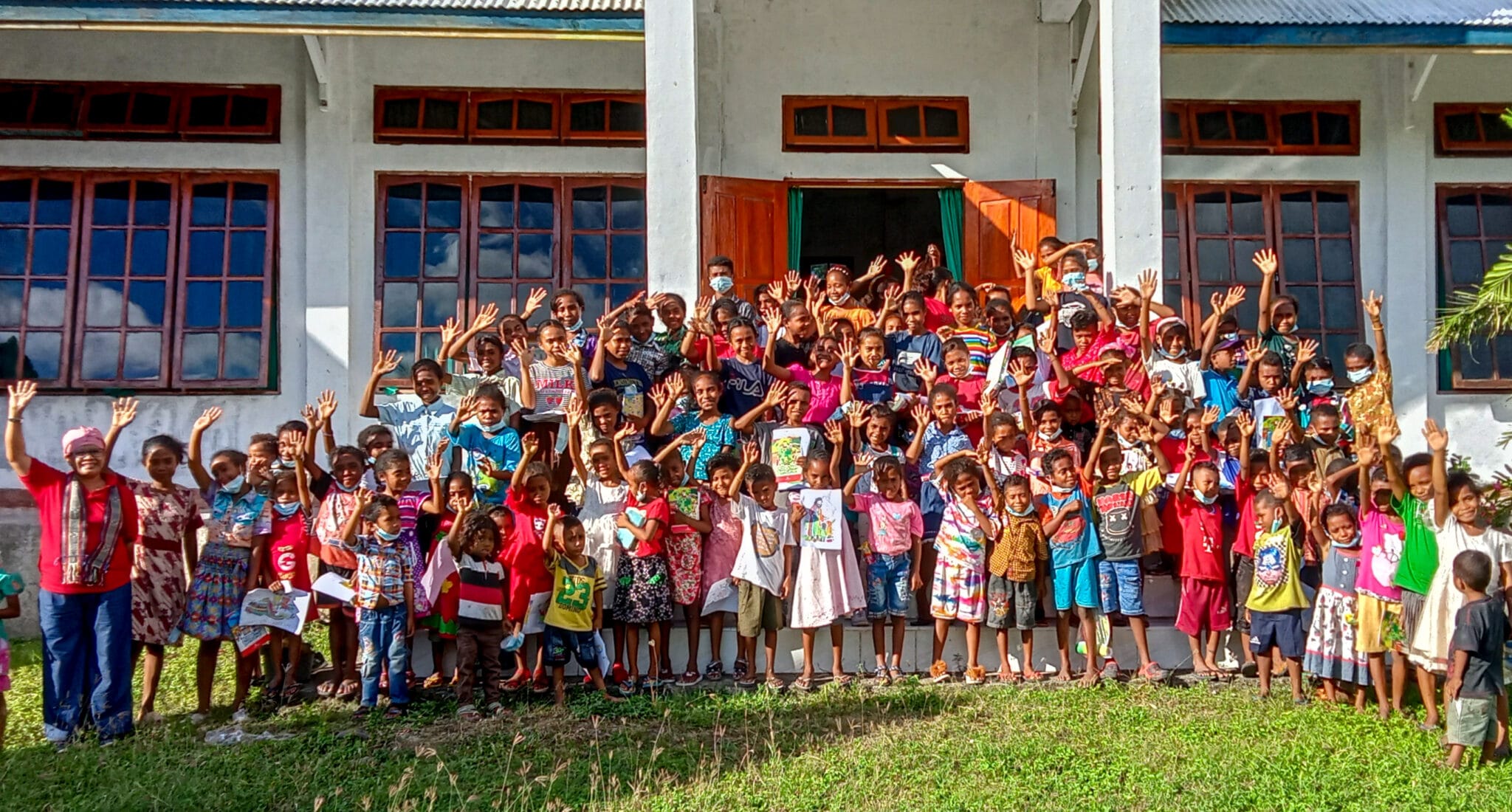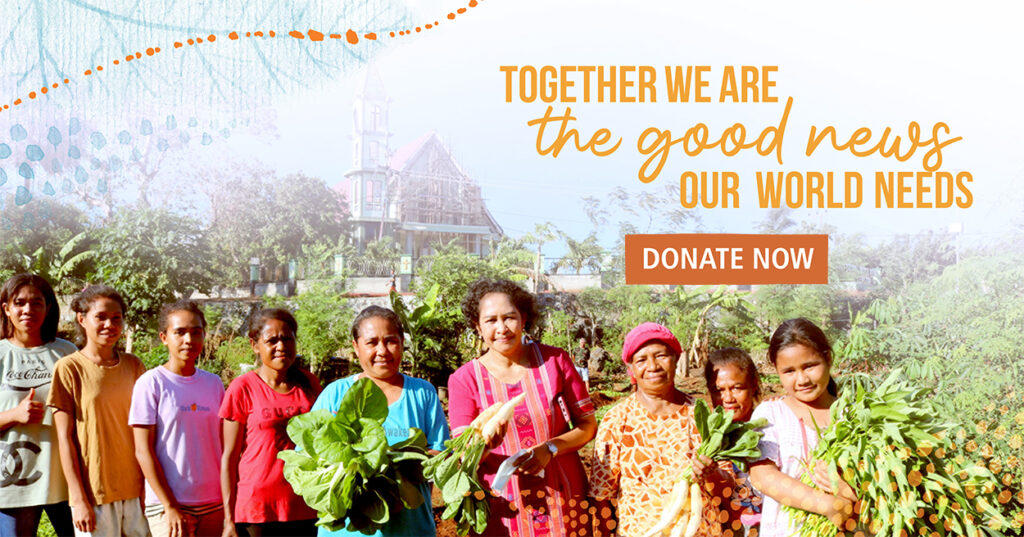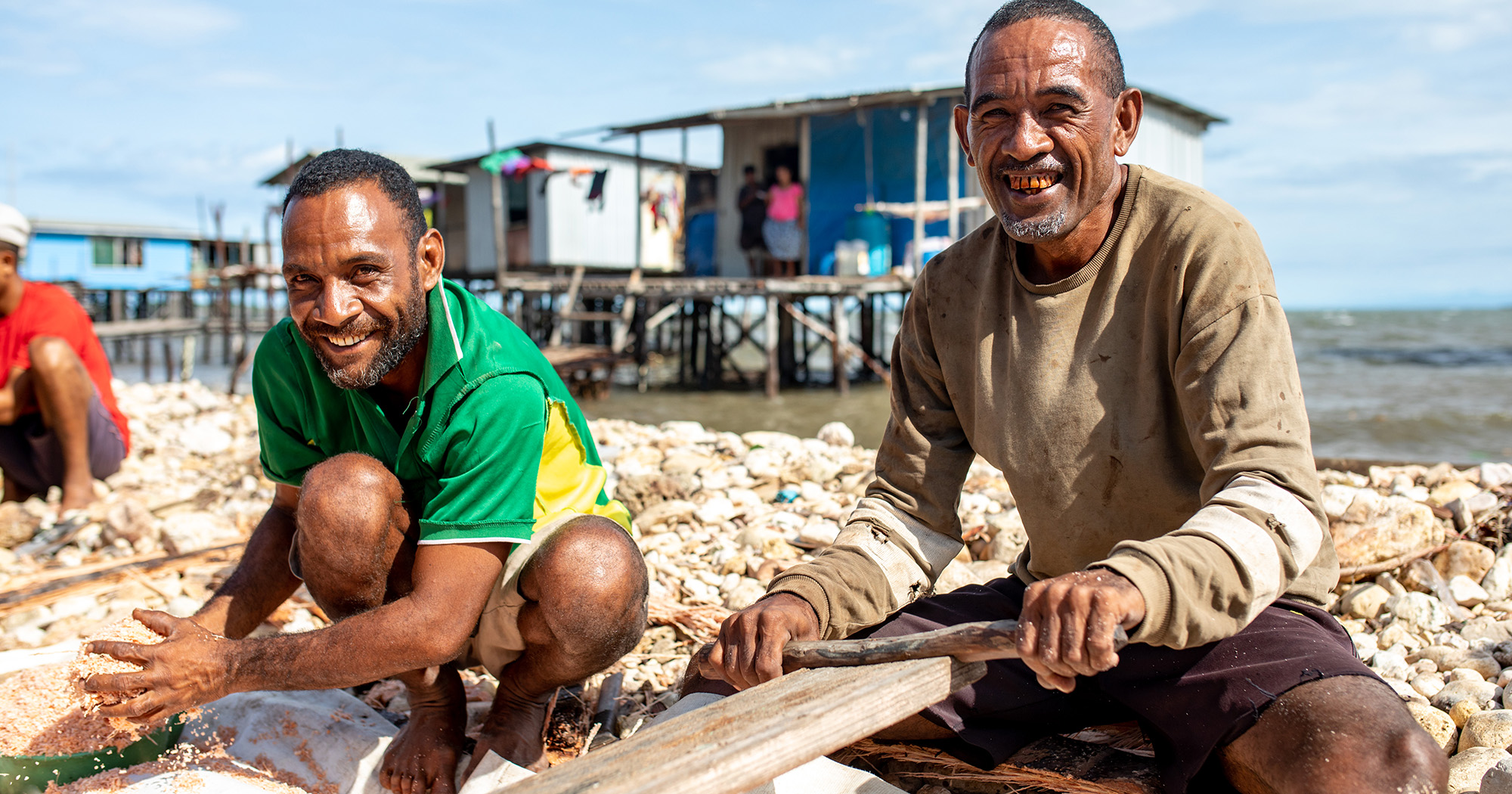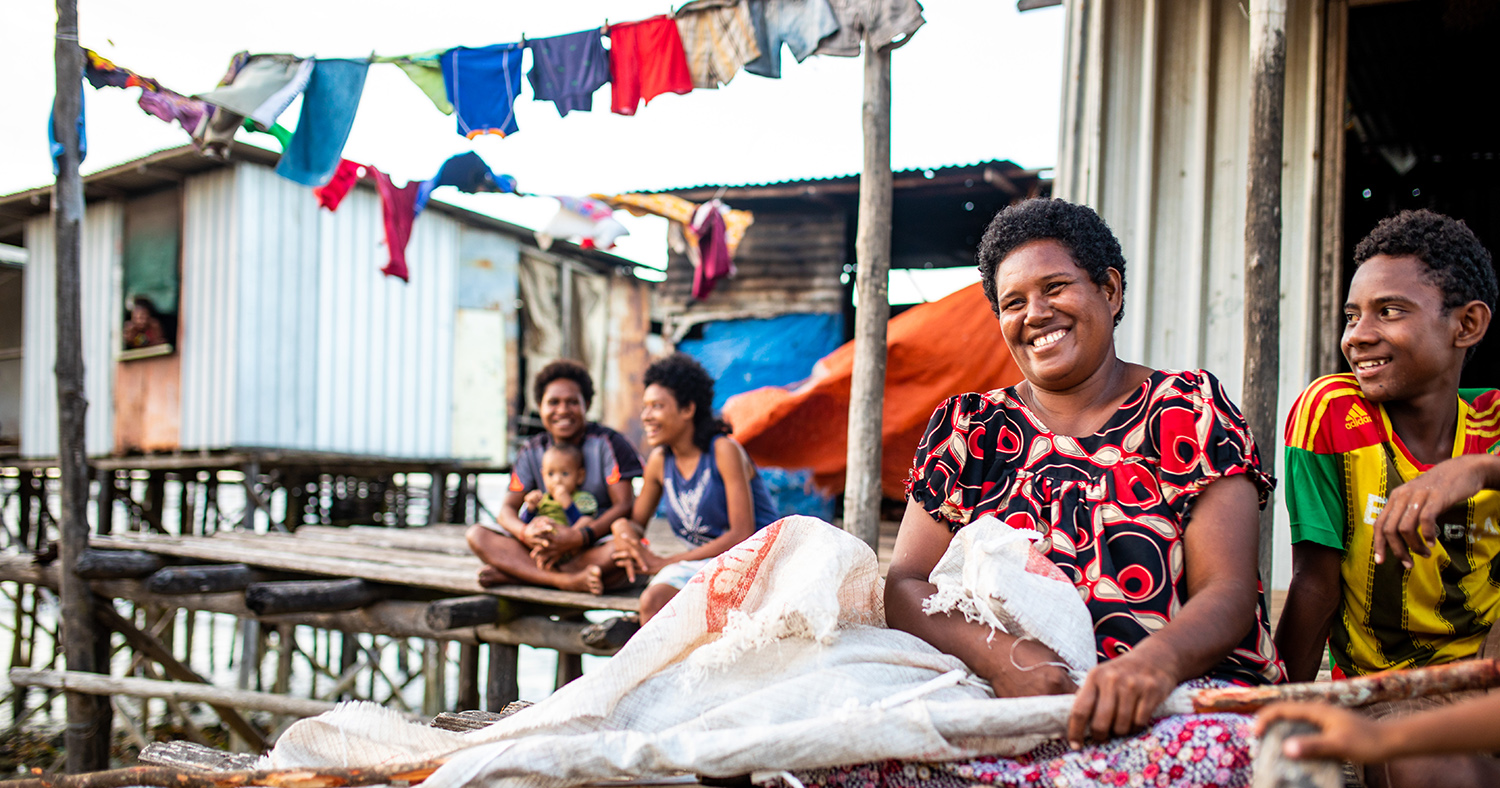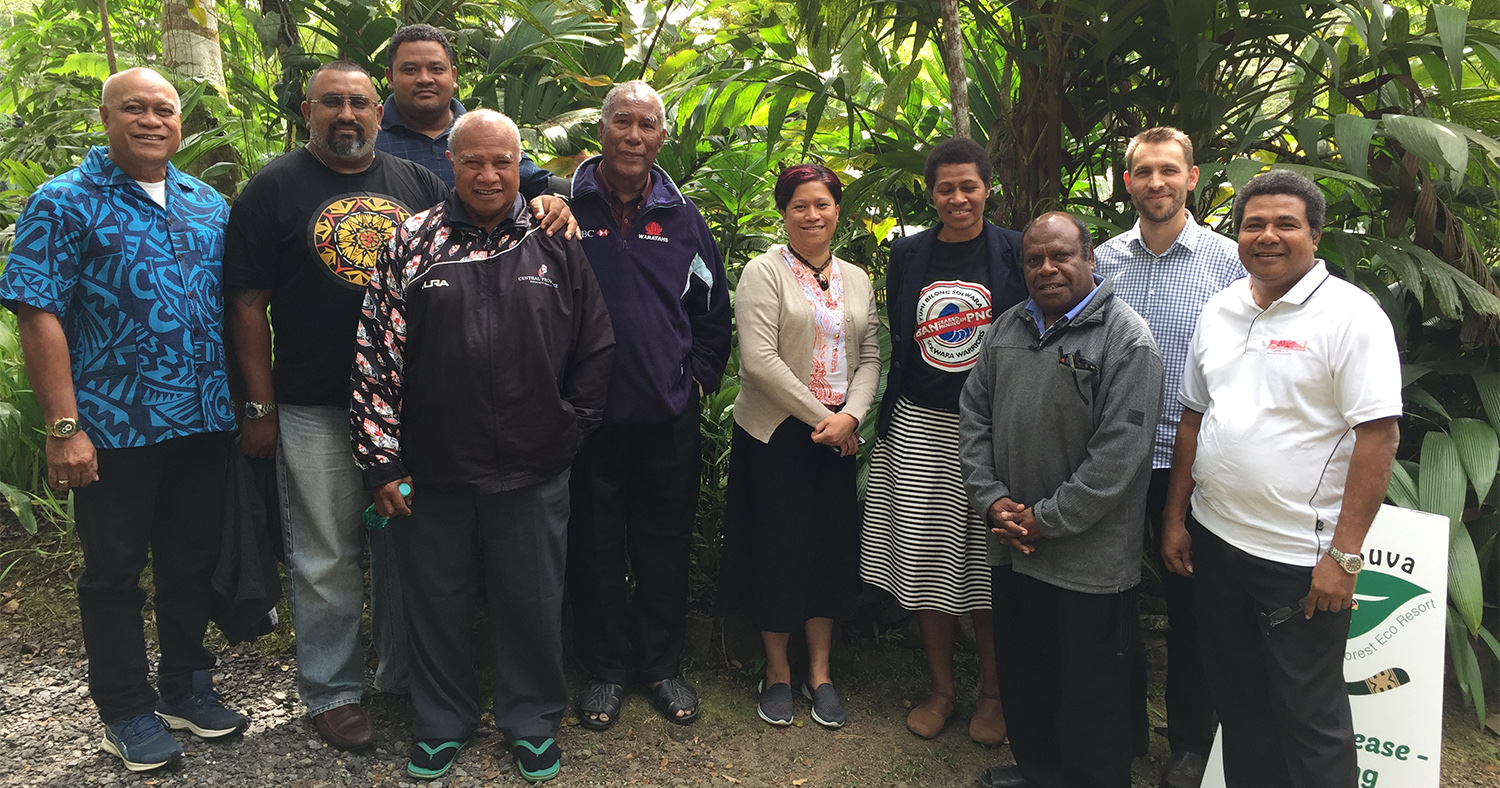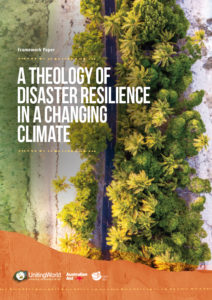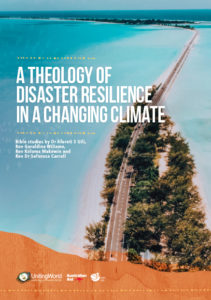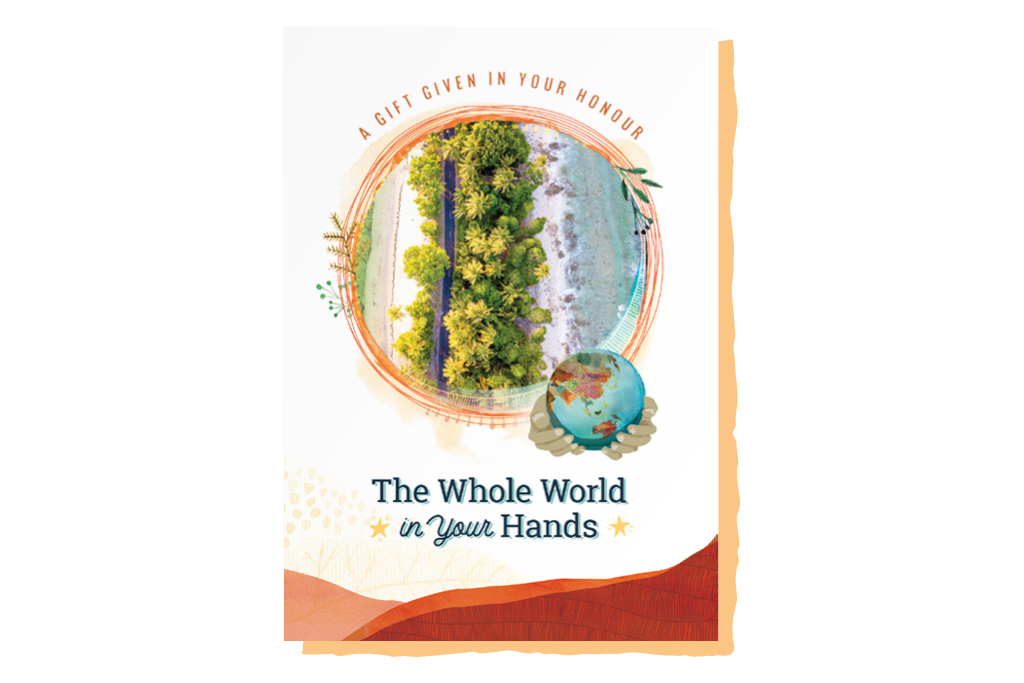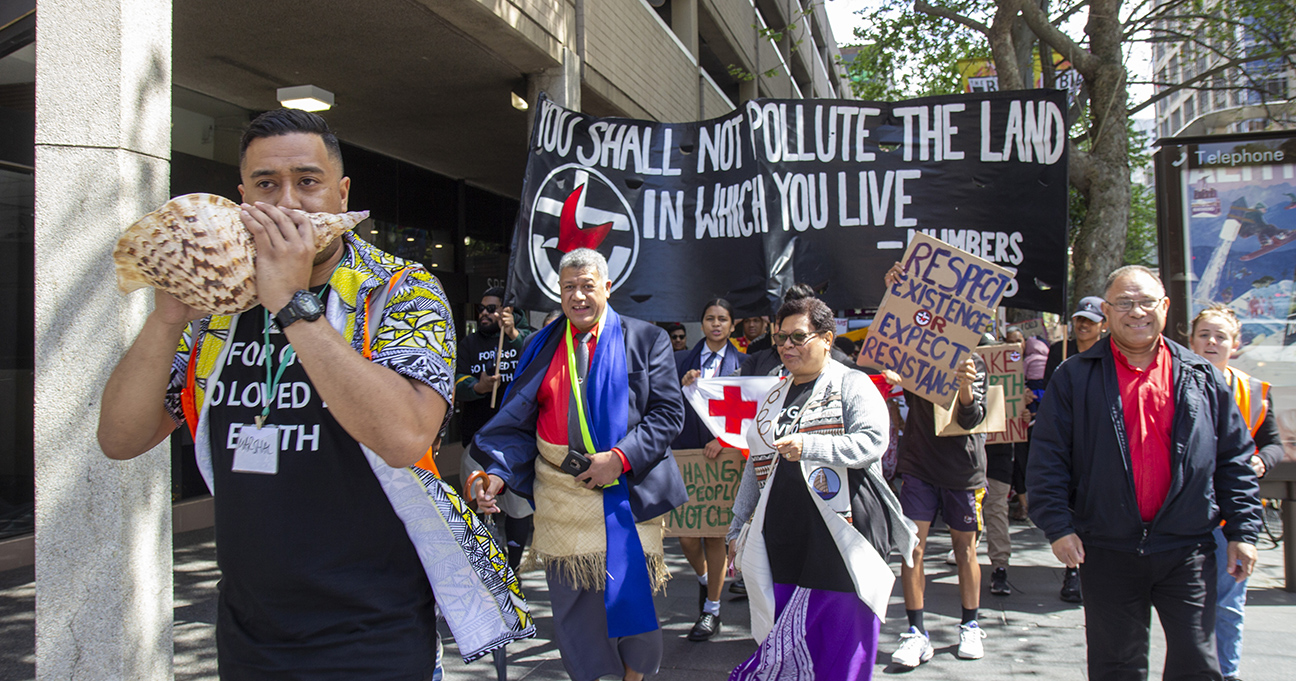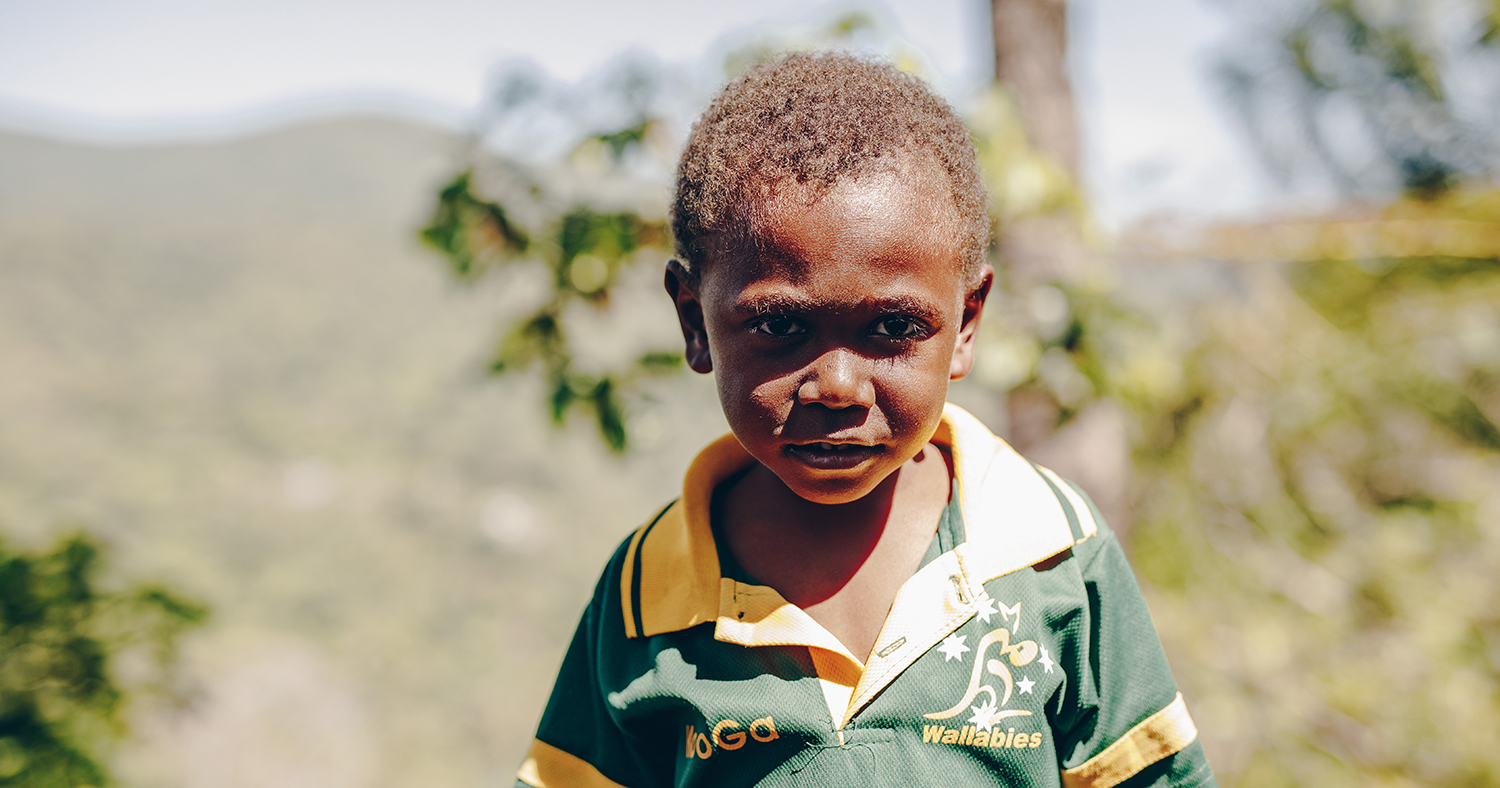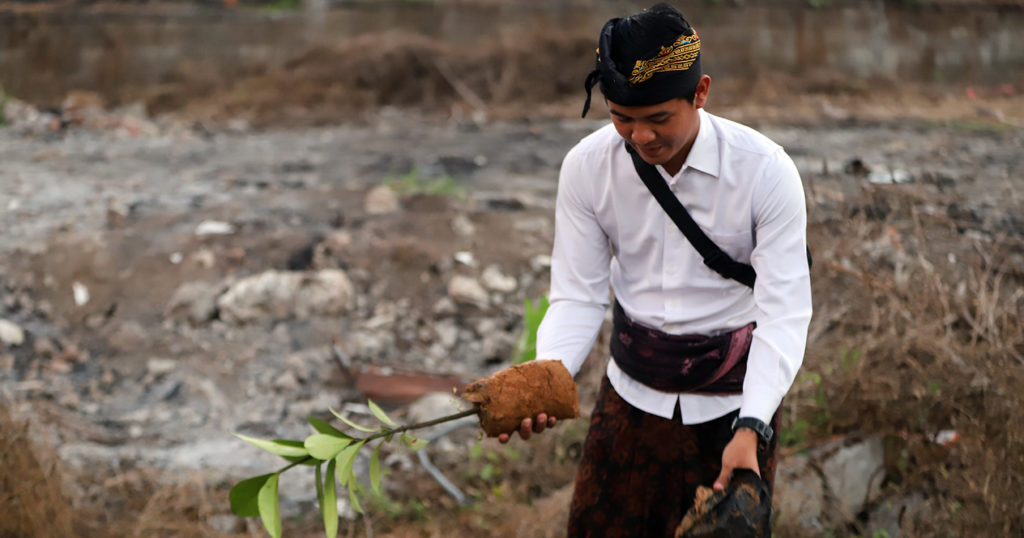Are your children anxious about climate change? Lent Event 2024
Growing up in an ecological crisis.
An Australian child born in 2023 will experience four times as many heat waves, three times as many droughts and one and a half times as many bushfires during their lifetime as someone born in 1960. And for those born in more vulnerable parts of the planet, hunger, disease and homelessness are all on the rise due to the impact of changing climate.
Childhood provides very little respite from these realities. If young people aren’t seeing evidence in their own communities of extreme weather events, there’s plenty of information at their fingertips via social media.
It’s not surprising then that a recent survey of 10,000 children and young people (aged 16-25 years) in 10 countries, including Australia, found that 59% were very or extremely worried about climate change, with 84% at least moderately worried.
| Action can also be an antidote to anxiety! Acting on climate, in ways large or small, can give hope and courage to others. Lent Event is a great place to start. |
If the young people in your life are worried about climate change, here’s a good article about how to manage eco-anxiety.
At the same time, spare a thought for children growing up in our immediate neighbourhood, the Pacific and South East Asia.
These are children who already know what it’s like to live in communities that flood too often, where fresh food is scarce, and waterborne disease keeps them from school. For some, ‘home’ will be uninhabitable by the time they’re adults – in Tuvalu, for example, young people are resigned to the fact that they have no future on their island homes and plan to relocate to Fiji or other parts of the Pacific as soon as they’re old enough.
In the face of overwhelming challenges, where is the next generation finding hope? Who has the task of educating, equipping and inspiring them to overcome anxiety with action?
Rev Nyoman Agustinus, Bishop of the Bali Protestant Church (GKPB), believes the Church can play a unique role.
“We are called by God to see this earth as our home, care for it, protect and preserve its beauty,” he says. “This means that as early as possible we must provide education for children. If children learn to love the earth from the beginning, this will help them to protect the earth so it will be a healthy and comfortable home for them in the future.”
Parts of the Church throughout the Pacific and South East Asia have been proactive during the past decade in educating members about the important role they can play in protecting the environment, many with the support of UnitingWorld theologians and resources. They see the critical role that the next generation will play and are committed to inspiring children to face the future with hope. Rev Agustinus says:
“In the Balinese church, we urge all pastors to show their love of nature and teach creation care in everything they do. This means catechism education and providing material for Sunday school teachers. We strongly encourage Pastors, Vicars and Sunday school teachers to provide education that is not limited to learning just in the classroom but can extend to a ‘natural school’. Children can have direct contact with nature, step on mud, and plant trees with their families – as they grow, these trees will remind them of the role they play in looking after the earth for generations.”
Part of the approach is helping children see that their individual actions are connected to a wider global reality. What impacts people in Bali – difficulty predicting when to grow and harvest crops, extreme weather events that destroy livelihoods, displaced communities due to flood – impacts people all over the world.
“We want children here to know that individual acts become collective acts, and this is what will change the world. Let’s all be good role models and with our actions we will set an example: our children need to see this solidarity from other Christians around the globe.”
Watch Rev Agustinus’ message in the short video below.
You can play your part in encouraging our young people to overcome eco-anxiety and take action for the planet, both here in Australia and around the world.Learn more at www.lentevent.com.au |


